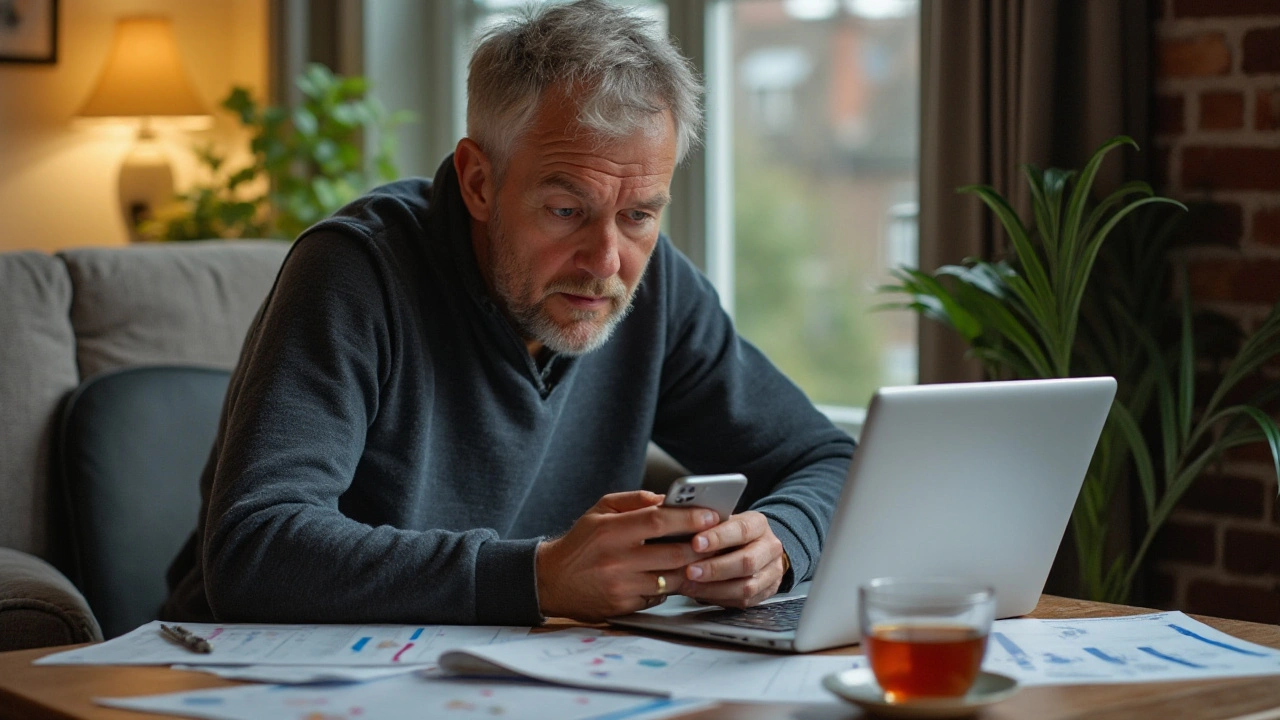Awareness: Simple Daily Practices to Notice, Calm, and Improve Your Life
Awareness is the skill of noticing what you feel, think, and do without getting swept away. It changes how you handle stress, eat, move, and decide. You don’t need long sessions or special equipment—small moments of attention throughout the day make a big difference.
Quick Daily Exercises
Try a two-minute check-in first thing after you wake. Close your eyes for one deep breath, then scan your body from head to toe. Name one feeling and one need—like "tired" and "rest." That short pause grounds you and stops automatic reactions.
Use the 5-4-3-2-1 senses trick when you feel overwhelmed: name five things you see, four you can touch, three you hear, two you smell, and one you taste. It’s fast, practical, and brings your mind back to the present.
For focus, try single-tasking for ten minutes. Turn off notifications and give one task your full attention. Your brain learns to settle, and your to-do list shrinks faster than you expect.
How to Use Awareness to Make Better Choices
Before eating, ask: "Am I hungry or stressed?" This tiny question helps curb stress eating and connects choices to real needs. If you want ideas for smarter snacks when stress hits, look for simple, filling options like nuts or yogurt rather than sugary fixes.
When a strong emotion shows up—anger, panic, or sadness—label it: say silently, "That’s anger" or "That’s anxiety." Naming feelings reduces their intensity. From there, pick one small action: breathe, step outside, or write for two minutes.
Use awareness to spot patterns. Keep a short log for a week: what triggered you, how you reacted, and what helped. You’ll see repeat moments you can change without drama—like reacting to a text or skipping sleep for work.
Mindfulness apps and short meditations can help if you’re just starting. Even three minutes of guided breath work reduces stress. If you prefer moving practice, try a simple walking check-in: notice your feet, breath, and posture for one block.
Awareness also improves relationships. When you notice impatience or judgment, pause and choose curiosity instead: ask a calm question, listen, and reflect back what you heard. Small shifts rebuild trust and lower conflict.
Make awareness a habit by tying it to daily routines: coffee, shower, commute. One cue equals one short practice. Over time these tiny moments become an inner skill that steadies your mind, reduces stress, and helps you act with intention rather than reaction.
Start small, be consistent, and keep it practical. Awareness isn’t a destination—it’s a tool you use every day to live clearer, calmer, and more in control.
Understanding and Overcoming Health Anxiety
Health anxiety is a condition where individuals constantly worry about their health, often fearing they have serious illnesses despite medical reassurance. This article explores the psychological impact of this anxiety, the common triggers, and the ways to cope effectively. You'll find essential insights into recognizing patterns and behaviors associated with health anxiety. Practical tips will also be shared to help ease these worries and cultivate a healthier mindset. Empower yourself with knowledge to manage health anxiety better.
View More





